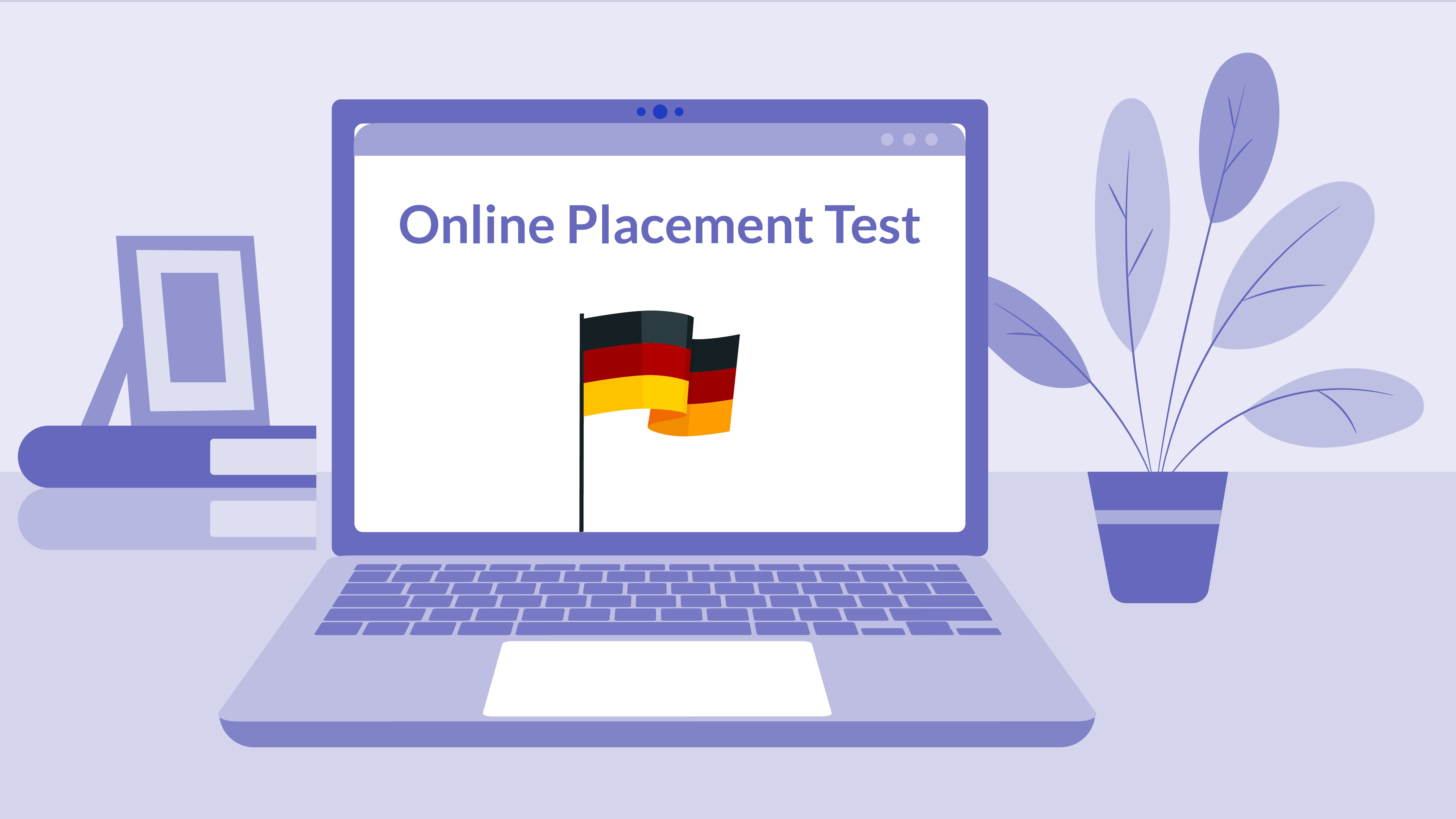
Whether you need to prove your proficiency for work, study, or just personal satisfaction, taking a German language test is a significant milestone. But, with so many German language certifications available, how do you choose the right one for you?
Fear not — there’s an option out there for everyone! This article will guide you through the most common German language tests, tips for selecting the best one for your needs, and some general recommendations for preparing for your big day. So, let's dive in!
Learn German with Langster
Most Common German Language Tests: An Overview
Here, you’ll find a quick review of the major German-language tests:
Goethe-Institut Exams
Widely recognized and highly respected, the Goethe-Institut offers a range of exams catering to different skill levels, from A1 (beginner) to C2 (near-native).
These tests are designed according to the Common European Framework of Reference for Languages (CEFR). As such, obtaining a Goethe Zertifikat is a sure way to convey your German proficiency level to employers or educational institutions.
TestDaF
A popular choice among students aspiring to study at a German university, the TestDaF (Test Deutsch als Fremdsprache) measures your German skills across four sections: reading, listening, writing, and speaking.
It is offered at three levels (TDN3-TDN5), which roughly correspond to B2-C1 of the CEFR levels.
DSH
The Deutsche Sprachprüfung für den Hochschulzugang (DSH) is another German level test aimed at those planning to study in Germany, but it is administered directly by universities rather than an external organization.
The DSH exam assesses your current ability to understand and express complex ideas in academic contexts.
Telc
The European Language Certificates (telc) offers over 80 online and in-person language exams, including several German tests covering various professional and academic levels.
Telc exams are aligned with the CEFR and are widely recognized throughout Europe.

How to Choose the Right Test For Your Personal Needs
Identify Your Goals
Understanding your motivation for taking a German language test is crucial in selecting the right one for yourself.
Do you want to study or work in a German-speaking country, or are you learning for personal growth and self-improvement?
Each test serves different purposes and caters to varying skill levels. Determining your goals will help you streamline your choices and invest your time, energy, and resources in the most suitable test.
Once you have outlined your goals, research the specific requirements for your target institutions or organizations. Some may specifically request a particular exam, such as TestDaF for university admissions or Goethe-Institut certificates for professional contexts.
Knowing what is expected can further guide your selection process and ensure that your chosen test will fulfill its purpose.
Consider Your Current German Skills Level
Before committing to an exam, it's essential to realistically assess your proficiency level in the German language.
Many tests offer multiple levels aligned with the CEFR, ranging from A1 (beginner) to C2 (near-native). Overestimating your skills may lead to disappointment and unnecessary pressure when preparing for and taking the test.
To determine your current level, consider taking a self-assessment or online placement test. These evaluations help gauge your abilities across reading, listening, writing, and speaking domains, as well as that dreadful German grammar.
Additionally, consult with teachers, tutors, or experienced peers who can provide valuable insight into which exam best matches your skill set.

Research Recognition
When choosing a language exam, it's vital to ensure that it is widely acknowledged by employers or educational institutions within your target country (or the whole European Union, for instance) or industry.
An unrecognized test might not hold much weight on job applications or university submissions, rendering your efforts futile.
Spend some time researching the reputation and credibility of various German language tests available on the market. Reach out to professionals as well as alumni or other foreign members of the institutions you're targeting to gain insight into their preferred qualifications.
Based on their feedback and your research, you can make an informed decision about which test will provide the greatest benefit in achieving your goals.
Check Availability
Some German language tests may not be available in your geographical area or have limited testing dates throughout the year. It's crucial to investigate whether the exam you're interested in is offered at a convenient location and time for you.
Visit the official websites of various exams to check their schedules and locations. In some cases, tests are only available in select countries or cities, which might require additional travel and expenses. On the other hand, some may offer online testing options along with online German courses to prepare for their particular test format.
Ensure that the test date aligns with your personal schedule and any application deadlines for work or study opportunities.
Compare Costs
Exam fees can differ significantly between various German language tests.
When choosing the right test for you, take your budget and financial constraints into account. Keep in mind that some organizations offer discounted rates for students or individuals with low incomes.
Aside from registration fees, consider other costs associated with taking a language test, such as:
- preparatory materials,
- tutoring sessions,
- travel expenses (if you need to commute to a testing center).
By comparing these expenses across potential exams, you can make a more cost-effective decision that balances your needs and financial considerations.

Preparing For a German Language Test
While each German proficiency test is different, there are some general recommendations that will help you get ready for the big day.
- Familiarize yourself with the test format. Understanding the structure of your chosen exam will help you know what to expect on test day and allow you to focus on areas for improvement, be it reading comprehension or German grammar.
- Set a study schedule. Consistency is key when learning a language. Allocate specific times for studying each week and stick to this schedule as much as possible.
- Use authentic materials. Practice with real-life materials such as newspapers, podcasts, and videos to improve your reading, listening, and comprehension skills while also familiarizing yourself with the vocabulary and grammar used in everyday situations.
- Join a study group. Studying with others can help you stay motivated and provide opportunities for valuable feedback on your German language skills.
- Take practice tests. Taking practice tests will help you gauge your progress, identify any areas of weakness, and build confidence for the actual exam.
The Bottom Line

Taking a German level test is a crucial step in showcasing your hard-earned language skills, and finding one that’s right for you can make all the difference By understanding the array of options available, considering your personal needs, and dedicating ample time to preparation, you'll be well on your way to acing your chosen exam.
So, roll up your sleeves, hit those books, and download our Langster app. You’ll be confidently declaring, “Ja, ich spreche Deutsch!" before you know it!









